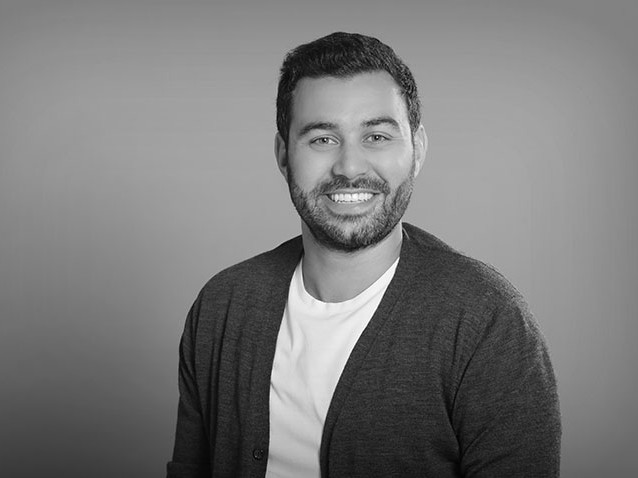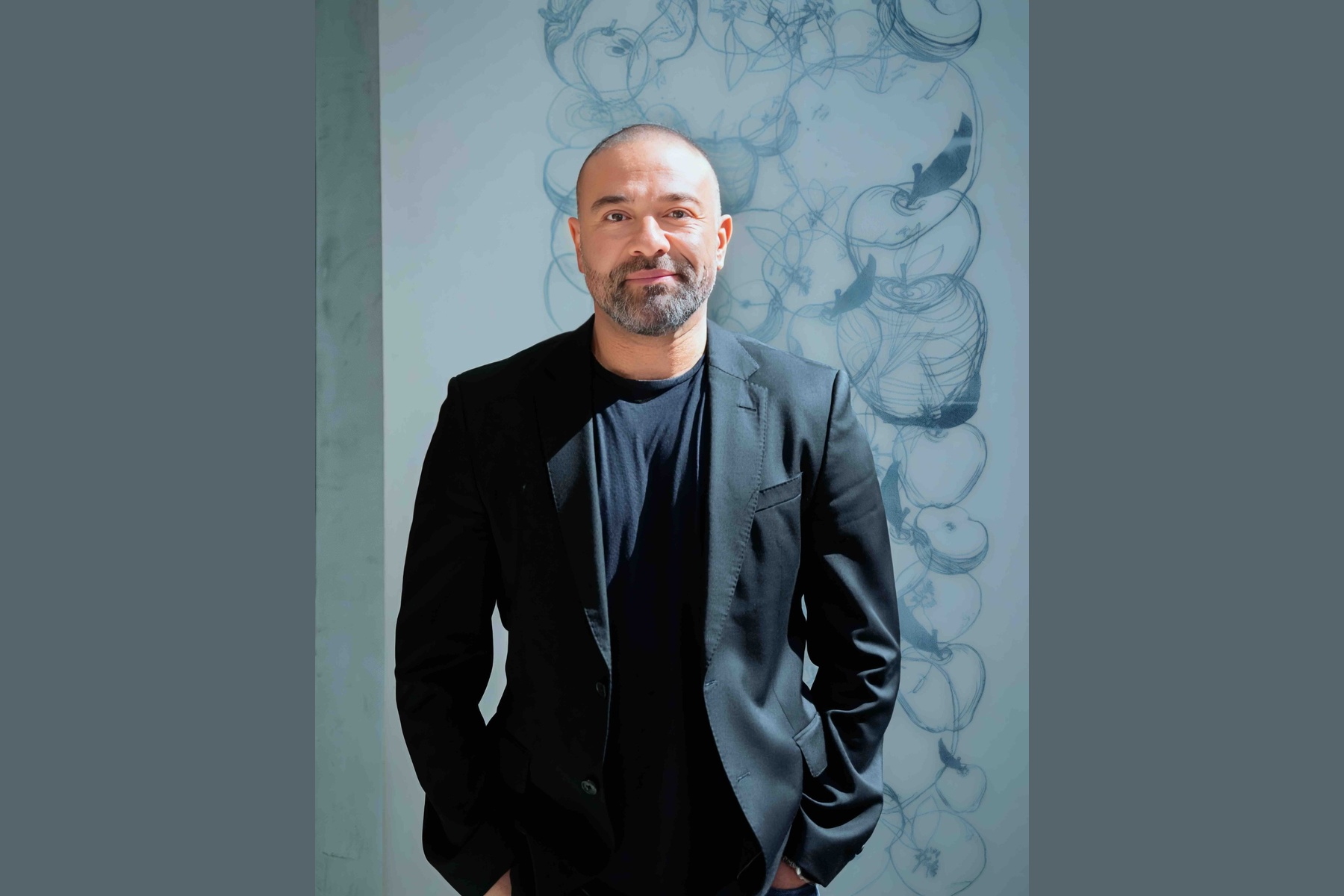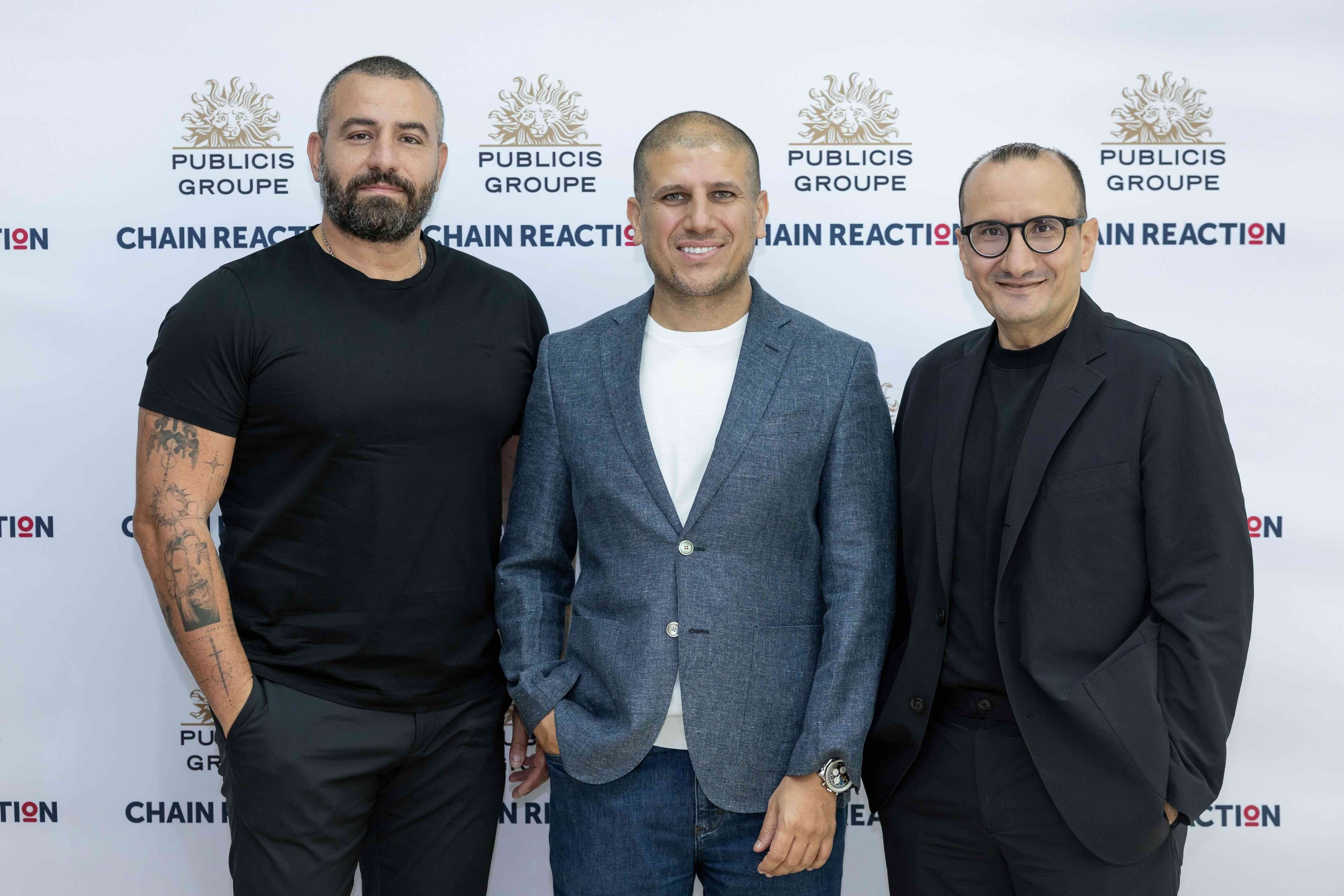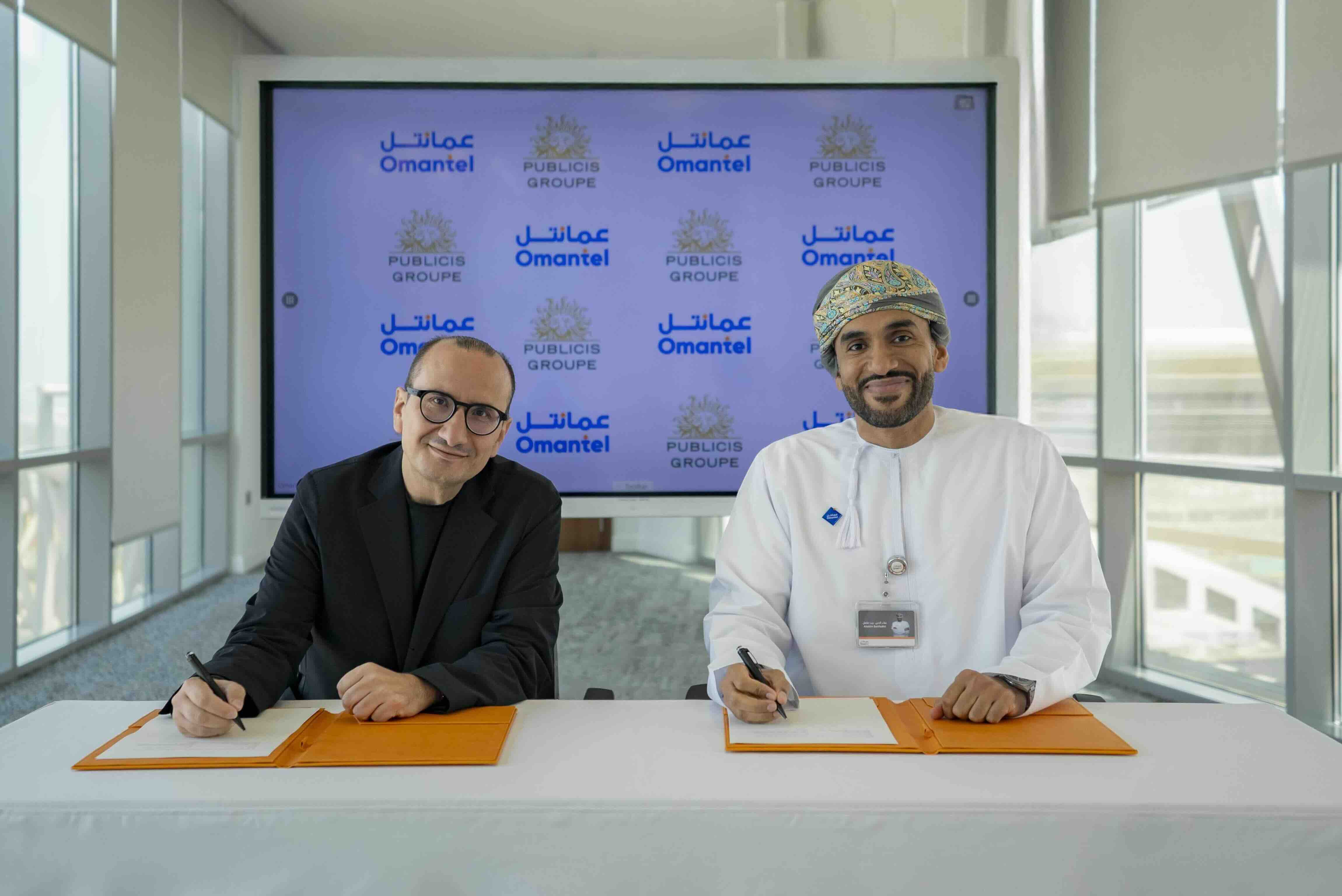News - Digital/Tech
Najib Sabbagh shines a Mirrorr on the social media market
by Iain Akerman
January 8, 2020
.jpg) Advertisement
AdvertisementThe offices of Natural Star, tucked away in the lower floors of the Factory Building in Mansourieh, wouldn’t look out of place in a Hollywood movie. Cavernous, with a clean industrial feel, they provide an almost serene escape from the outside world.
Enjoying that serenity is Najib Sabbagh, the production company’s chief executive, who is sitting peacefully in an office overlooking the main foyer. A young and successful entrepreneur, Sabbagh not only oversees Natural Star, but is the co-founder of Odin, a nightclub in Mzaar Kfardebian, and the co-founder of Odom Retreat, a five-star glamping resort on the Plateau de Bakish. Both are run and managed by his cousin, Charbel Sabbagh, the ventures’ co-founder.
All of which is pretty impressive for a man who is still in his early 30s. “I’ve just been lucky and I’m a hustler, that’s it,” says Sabbagh modestly. Now he has ventured into tech.
“In 2018, I said ‘all of this is good, but if you want to continue to be part of the action in the next 20 years you should be in tech’,” he says. “So I decided to design a product that has a lot of social listening, a lot of AI, and that also has metadata, knowing that metadata will become a huge, huge revenue stream in the future.”
The end result is Mirrorr, a social listening and metadata tool that uses Artificial Intelligence (AI) to detect and identify brands in social media posts and stories.
Launched at ArabNet Riyadh in mid-December, it monitors public profiles with more than 10,000 Instagram followers (Snapchat is to be launched in January) and is currently focussed on the Middle East and North Africa.
“Let’s say you have a Pepsi can with you and you take a photo or you create a story, the system will automatically recognise – through AI and image recognition – that this is a Pepsi can, even though it’s not tagged or mentioned,” explains Sabbagh. “Even if you say ‘Pepsi’ or you say ‘Dubai’ in a video, the system automatically recognises that a person has said it… This will help brands to identify where the brand is exposed, how much earned media they’re getting, and who is sharing what.”
“The best thing about Mirrorr is that it provides a 360 degree view of a brand that you cannot get in any other place.”
A year-and-a-half in development, Mirrorr has been created by a team of in-house developers and is “scalable internationally”, says Sabbagh. “The best thing about Mirrorr is that it provides a 360 degree view of a brand that you cannot get in any other place,” he adds. “Let’s say you pulled out the brand-by-region report. You would know, for example, that 30 per cent of people use your brand in the GCC. If you dug more you’d know that 10 per cent of them are in Saudi, that three per cent of them are female, and if you dug more you could see who those females are. Then you can dig more and see what the posts are. This all happens through the click of a button.”
As well as monitoring public profiles with brands integrated into them in some way, Mirrorr also provides lead generation and a rate card that’s designed to bring transparency and clarity to the influencer market.
“We’re trying to change the perception of leads, especially with Facebook and Instagram,” says Sabbagh. “You pay $100 on Facebook, they say you reached 10,000 people. Do you know who you reached? Do you know those people? Do you have any proof of it? No. With Mirrorr, if we say you achieved a reach of 10,000, you get the screen shots of where your comments are, who the people are that you reached. So we’re trying to bring honesty back into the game, to bring transparency back into the game.”
The same applies to influencers. Mirrorr monitors their engagement rate, their post rate, and their follower rate with the intention of providing rational value to an influencer’s posts. It does not, however, offer an influencer booking system.
“We felt that the business has been in a non-regulatory form for the past five years, especially the social media business,” says Sabbagh. “You find a particular person, you say you want to expose your brand, and they tell you they need $10,000. But then who regulates that $10,000? How do you assess that? So we built a rate card that works on engagement and automatically drops the price when the engagement rate is lower and raises it when the engagement rate is higher. So as a brand you can at least know what is logical to pay that person. Why should a brand pay $10,000 if a person’s engagement rate has been decreasing for the past month?”
Sabbagh is a confident man. He believes in delegation, which he has achieved with both Odin and Odom, and is both passionate and committed. He also has complete belief in Mirrorr.
“With Mirrorr I have a very crisp vision towards the product,” he says. “I’ve spent so much time designing it, sleepless nights thinking about it, and I really believe that I have a product that I would use if I was a brand. I always thought of what I would use if I was a brand while designing the product. I think there’s a huge opportunity with Mirrorr to actually do something to integrate transparency in the way social media happens, in the way business happens. I’m an ethical person and I really feel that I need to mirror that back into the market.”



.jpg)









